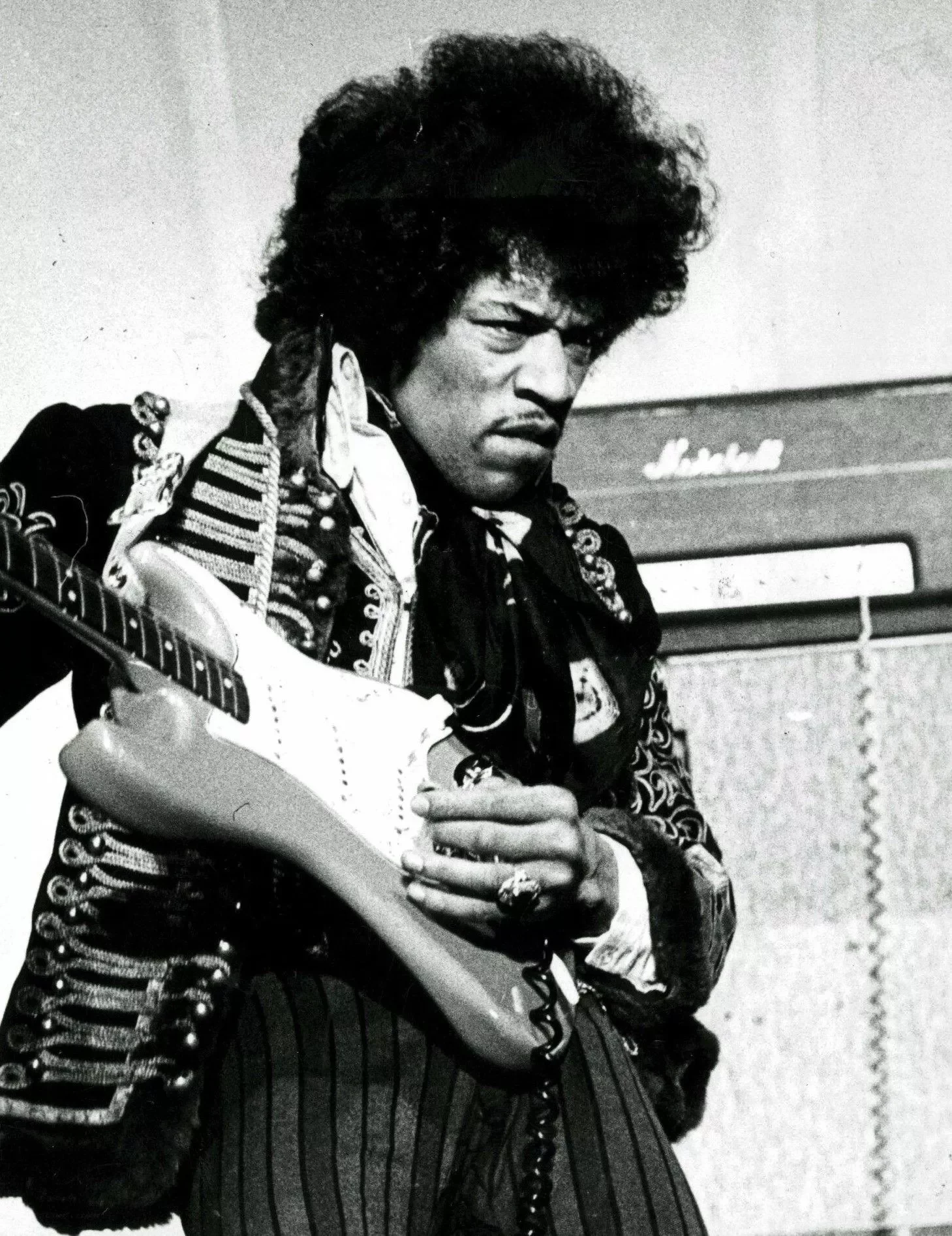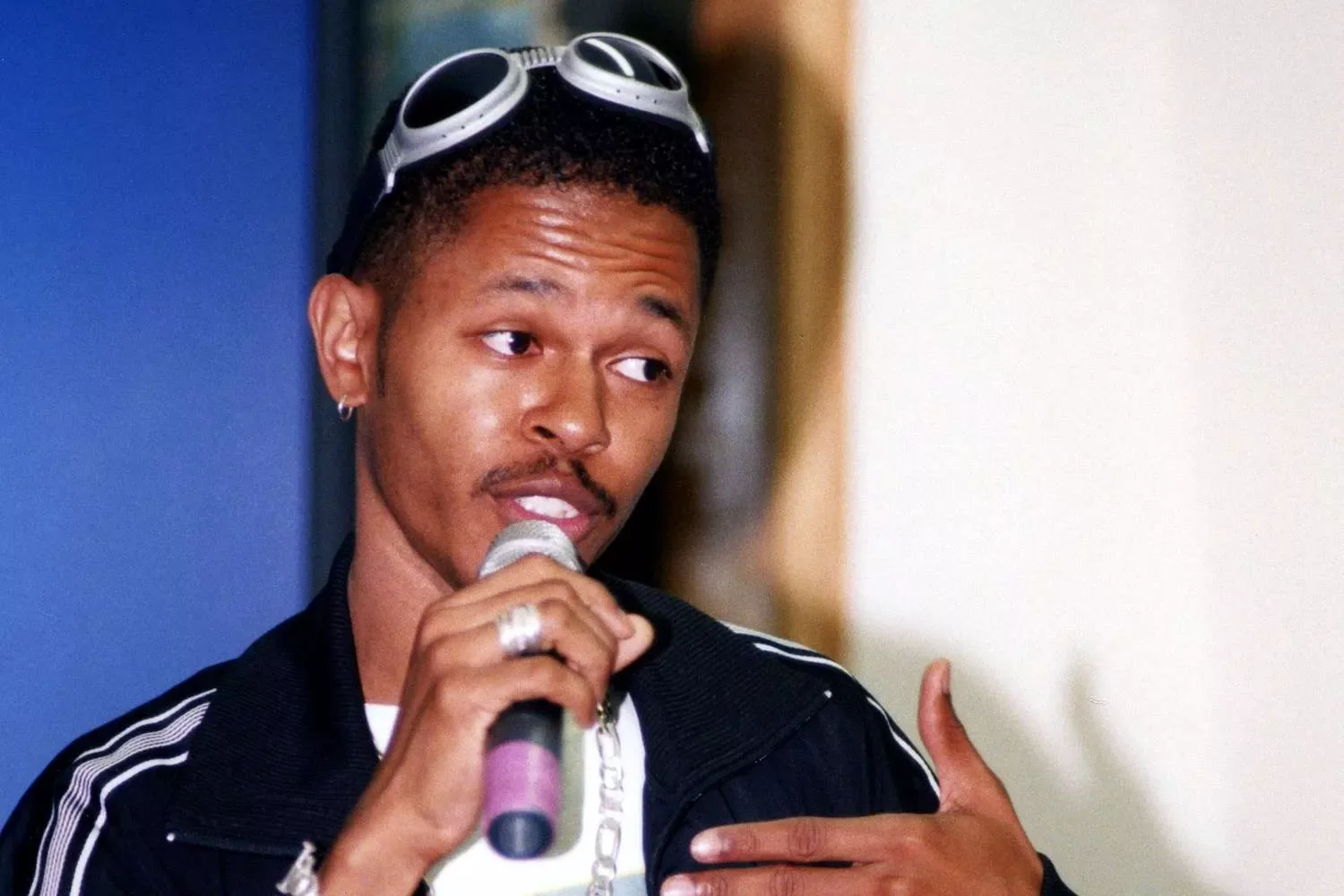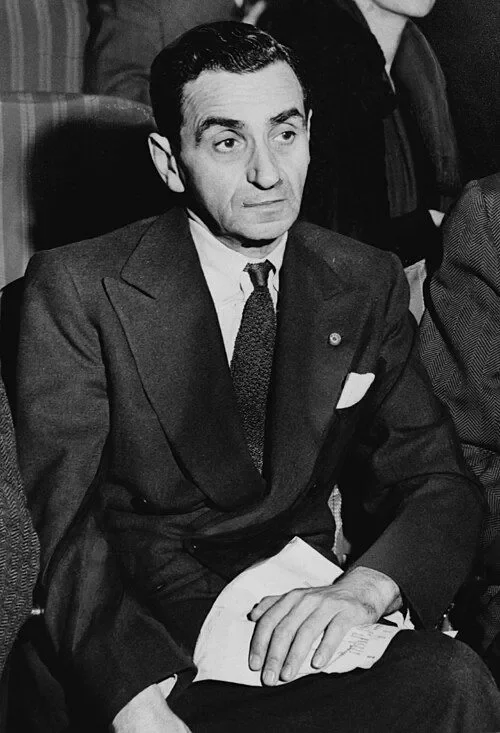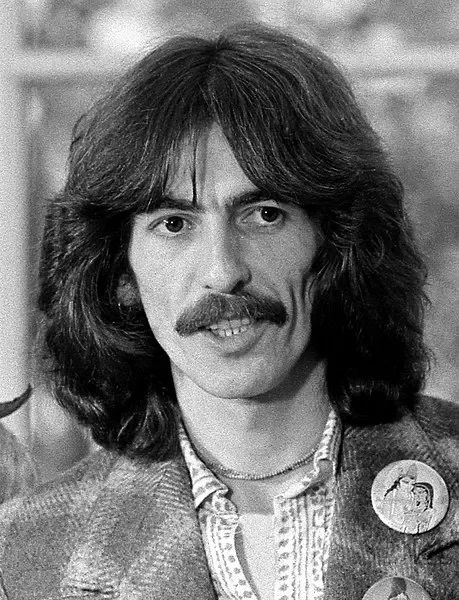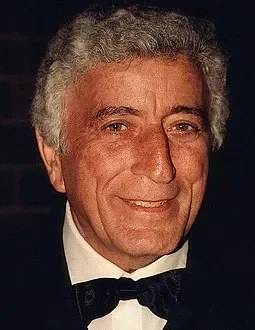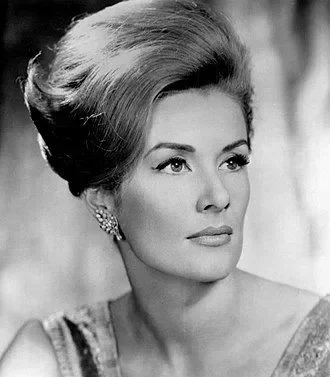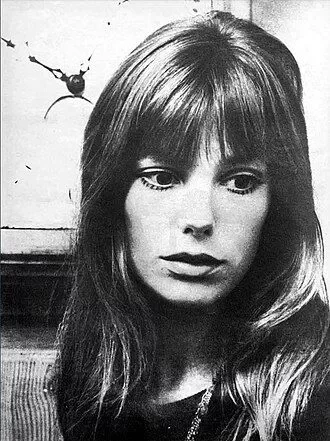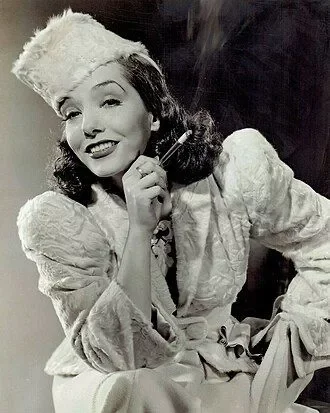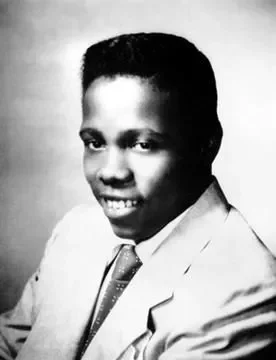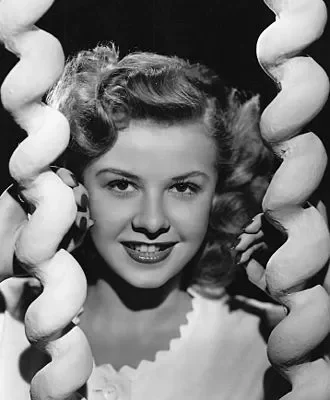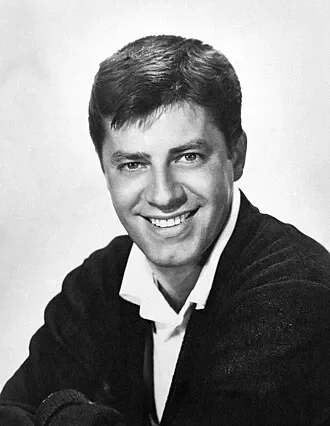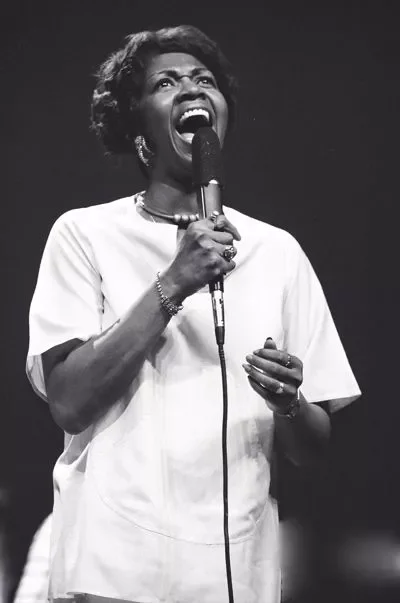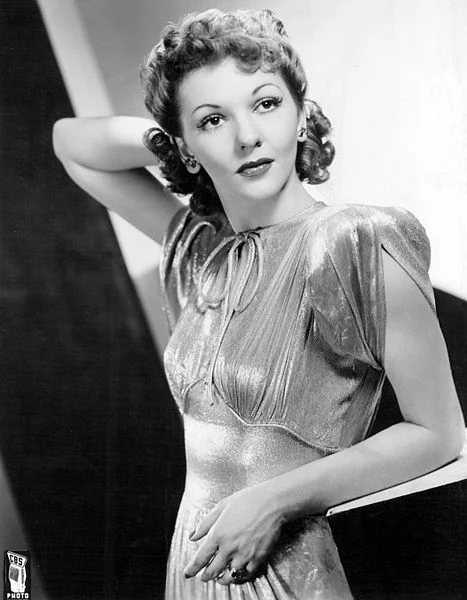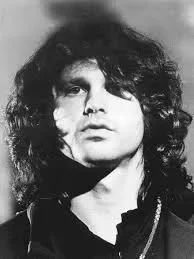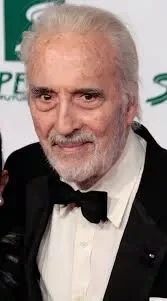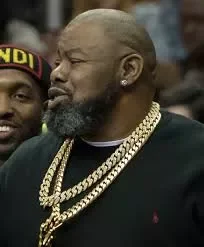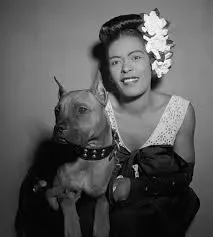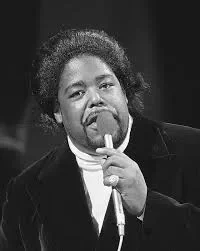Real Celebrities Never Die!
OR
Search For Past Celebrities Whose Birthday You Share
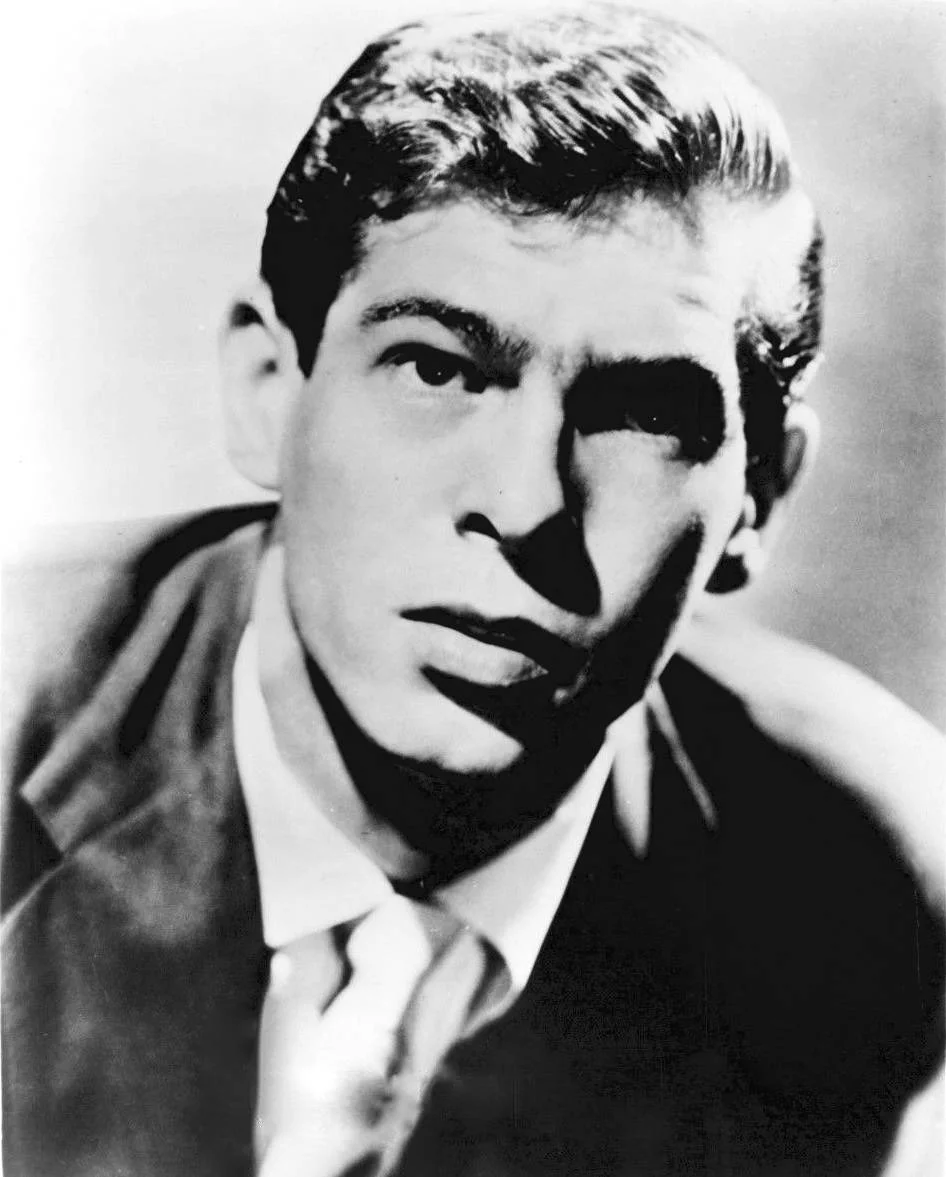
source: wikipedia.org
Johnnie Ray
Birthday:
10 Jan, 1927
Date of Death:
24 Feb, 1990
Cause of death:
Hepatic encephalopathy
Nationality:
American
Famous As:
Pianist
Age at the time of death:
63
Johnnie Ray's Quote's
Early Life
Johnnie Ray was one of the most popular singers of the 1950s and is considered one of the pioneers of rock and roll because of his jazz and blues-influenced music and his energetic stage presence. Ray was born in 1927 in Dallas, Oregon. He began playing the piano at age three and singing in the church choir by age twelve. He met with an accident during a Boy Scout activity that rendered him deaf in his left ear. He shifted to Portland, Oregon during World War II, where he attended Franklin High School.
Career Beginnings
He began his professional career at the age of fifteen by singing on Portland radio stations. He gained a fan following by performing in small nightclubs in Detroit. His breakthrough came at the Flame Snow Bar, a nightclub in Detroit, where he was discovered by a talent scout from Okeh Records, a subsidiary of Columbia Records. He signed a contract with Okeh Records and moved to New York City.
Rise to Prominence
He rose to prominence with the release of his debut album in 1951. The album contained the hit songs “Cry” and “The Little White Cloud That Cried,” both of which reached the top 10 on the Billboard Hot 100 chart. His raw emotional delivery and urgent lyrics struck a chord with listeners, propelling his records to the top of the charts and igniting a teenage frenzy wherever he performed. Ray recorded 20 hits between 1951 and 1958, such as “Please Mr. Sun,” “Here I Am Broken Hearted,” and “Walkin’ My Baby Back Home,” solidifying his status as a musical icon. His unique fusion of rhythm and blues with pop music created a new sound that resonated with the younger generation.
Film and Public Image
Johnnie Ray also made his film debut in “There’s No Business Like Show Business” alongside Marilyn Monroe. Based on his popularity, he was often compared to Frank Sinatra and Elvis Presley. He was also one of the first celebrities to openly acknowledge his bisexuality, which caused some controversy in the conservative 1950s. His unconventional lifestyle and substance abuse issues added to the complexity of his public persona.
Decline and Later Years
Ray’s career in the United States began to decline in 1957 due to several factors, such as changing musical tastes, legal troubles, health issues, and drug addiction. His American record label dropped him in 1960, and he rarely appeared on American television after 1973. He continued to perform in Europe and Australia until the late 1980s but was never able to regain his former glory in his homeland.
Legacy and Death
Ray’s final performance took place in 1989 in Salem, Oregon. He passed away in 1990 in Los Angeles at the age of 63 from liver failure.
Name:
Johnnie Ray
Popular Name:
Johnnie Ray
Gender:
Male
Cause of Death:
Hepatic encephalopathy
Spouse:
Place of Birth:
Dallas, Oregon, U.S.
Place of Death:
Los Angeles, California, U.S.
Occupation / Profession:
Personality Type
Architect: Johnnie Ray’s determination didn’t let the fact that he was hearing impaired stop him from becoming one of the greatest singers of all time.
He blamed rumors about his sexuality as the cause of his divorce.
He is considered by many to be the father of rock and roll.
His popularity rapidly declined in the United States but he remained popular in Europe.
Johnnie Ray suffered a devastating accident on a boy scout trip that left him partially deaf in his right ear.
He achieved a number-one hit in the United Kingdom with “Just Walkin’ in the Rain” during the Christmas season in 1956.
He appeared in the 1954 film “There’s No Business Like Show Business” alongside Ethel Merman and Marilyn Monroe.Ray’s unique emotional singing style and sexually suggestive performances earned him titles such as “The Prince of Wails,” “The Cry Guy,” and “The Million Dollar Teardrop”.
He quickly became a teen idol and was cited by critics as a major precursor to rock and roll due to his jazz and blues-influenced music and animated stage persona.
Ray broke the attendance record at the London Palladium, previously set by Frankie Laine.
Ray dominated the American popular music charts in 1952 with his double-sided hit single “Cry” and “The Little White Cloud That Cried,” selling over two million copies.
Ray scored multiple hit songs throughout the 1950s, including “Please, Mr. Sun,” “Such a Night,” “Walkin’ My Baby Back Home,” and “Yes, Tonight Josephine”.

